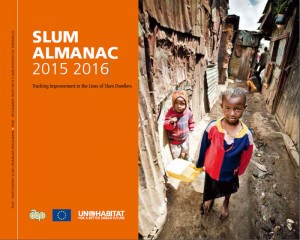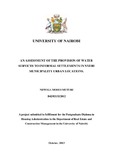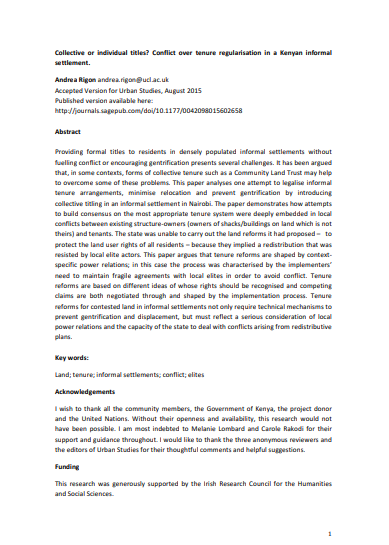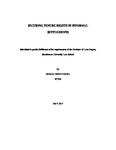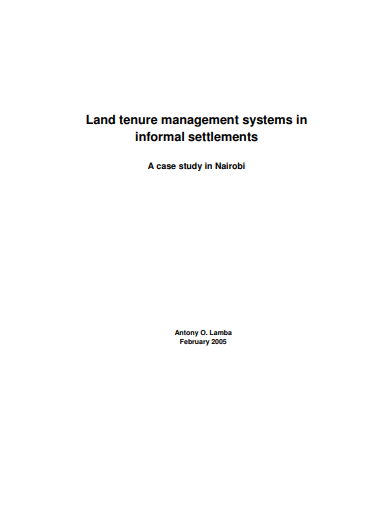Housing Policy as an Agenda for Elections 2017
This is a policy brief that is derived from a study to understand the dynamics and trends that inform the availability of housing demand and supply in Kenya. It finds that Kenya’s formal housing policy has a strong supply focus that shortchanges rural dwellers whose main challenge to adequate and good housing is based on demand constraints.



